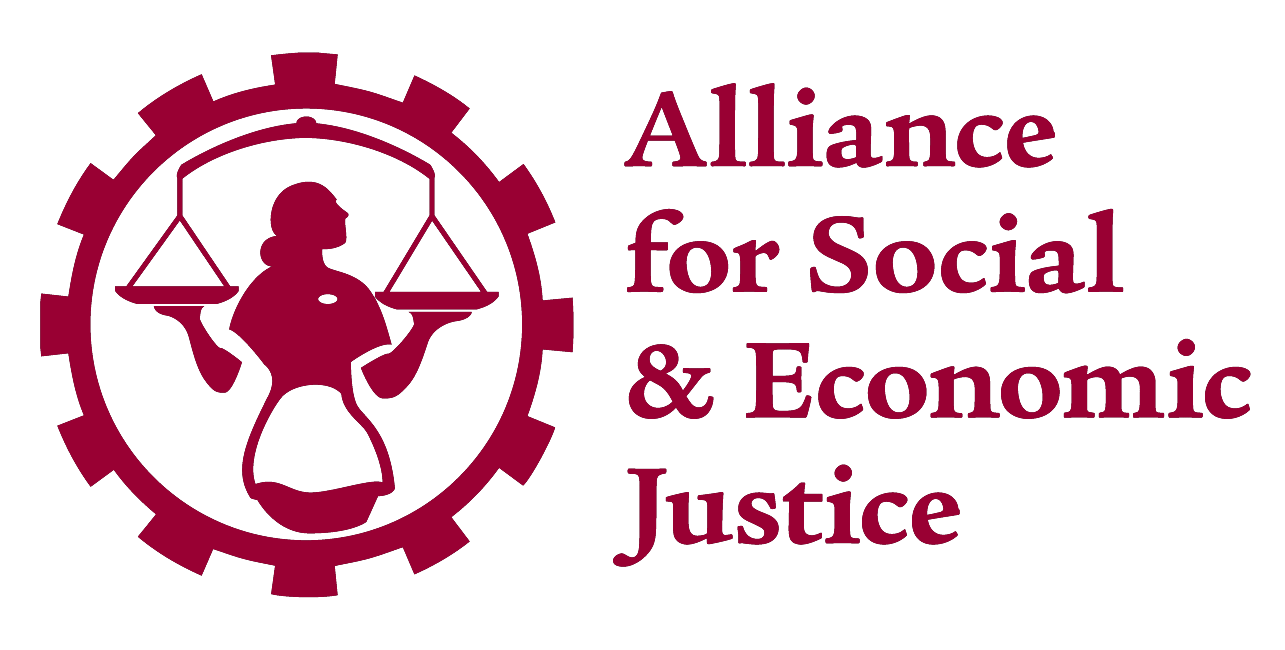In the midst of growing income inequality and wealth disparity, we need to bring people together to strategize on resolving the interrelated crises in jobs, health care, housing, education, the environment and continuing wars.
We do not have a singular multi-issue movement in the United States but a multitude of movements, often single issue or representing a single group. While they may win momentary battles, by themselves they do not have the joined strength to achieve systemic political and economic change. We also have a low level of organization in the United States. Union density is headed to the single digits and there are no social and economic justice organizations that we can point to as mass organizations.
To organize and mobilize a Movement with a capital M, we need to develop an educational program that will convince people that collective action can produce change and that a better world is possible. Only by providing a vision for the future will people be inspired to take action.
Towards this goal, the iconic Civil Rights Movement figure Jack O’Dell has initiated a national dialogue on social and economic justice for all. As a discussion document, O’Dell penned the Democracy Charter as a platform to moving forward to “substantive democracy.” He has put this document into the public domain as a vehicle for “grass-roots organizing,” in the tradition developed by the Civil Rights Movement and the United Farm Workers movement, to hold study/discussion groups to develop the potential of cadre and activists, to expand the rank-and-file base and to create the dialogue that builds relationships and unity between organizations so that they get out of the silos of their single-issue campaigns and see the interconnectedness of issues.
The Democracy Charter helps develop a shared vision of a better world of Living Wage Jobs or a Living Income for All, Universal Health Care, Affordable Housing, Quality Public Education, Progressive Taxation of Corporations and the Wealthy, Sustainable Environment, and Peace and Self-determination for all Peoples of the World, regardless of Race, Sex, Sexual Orientation or Identity, or Immigration Status.
O’Dell saw the Democracy Charter as a work in progress that he put in the public domain, an evolving document that is meant to inspire discussion and revisions. The Democracy Charter is not a finished product but a tool to spark continuing discussion.
The first step in this process is that activists would in a very intentional manner determine who to approach to join a study discussion group on the Democracy Charter. Activists would look at who are the social movement actors fighting racism, poverty and war, what organizations represent people who are directly affected by exploitation and oppression, and who are the activists in these organizations involved in grassroots organizing, then decide how to approach activists in these groups to participate in a study discussion group. Have face-to-face conversations with grassroots activists to identify what are their shared interests and explain how the study discussion group would expand their thinking through dialogue on those shared interests. Look for talking points on this website to help describe the Democracy Charter.
Also look on this website for discussion guidelines for the study groups. The study discussion groups also would be “train-the-trainer” sessions to develop participants to hold study discussion groups among members of their organization or as part of their grassroots organizing.
Activists would follow up with facilitators of study discussion groups to identify participants to request to be involved in organizing a regional gathering, a Congress of the People. The organizing committee would include activists from organizations of strategic importance who would invite members of their organization to develop base-to-base relations between organizations.
The Congress of the People would bring together a broad range of activists, organizations and their rank-and-file members to develop relationships between organizations, build capacity for cadre leadership and organizing, and build the basis for a greater level of organization that will lead to realistic possibilities of mobilizing in a mass movement that can achieve substantial political, economic and social change. The Congress of the People would include workshops on the sections of the Democracy Charter, and then a plenary session to share and vote on proposed amendments to the Democracy Charter. In addition, each workshop would develop a platform plank and an action step that would be incorporated into a People’s Platform in the plenary session. The Democracy Charter and People’s Platform together would form a program and an action plan. The amendments to the Democracy Charter and platform planks in the People’s Platform from each region would then be shared on this website.
We are calling for regional gatherings, a “Congress of the People,” across the country on Saturday, January 16, 2021, on the week-end of the Dr. Martin Luther King Jr. holiday. Regardless of which party has the majority in the 116th U.S. Congress, the Congress of the People will bring together activists across the nation who are ready to build and drive a progressive agenda and combat political malaise by keeping people’s eyes on the prize.
